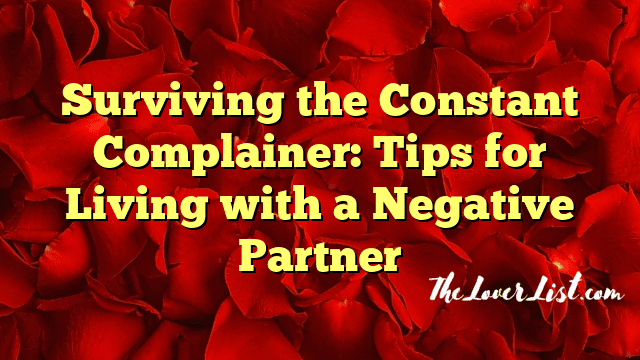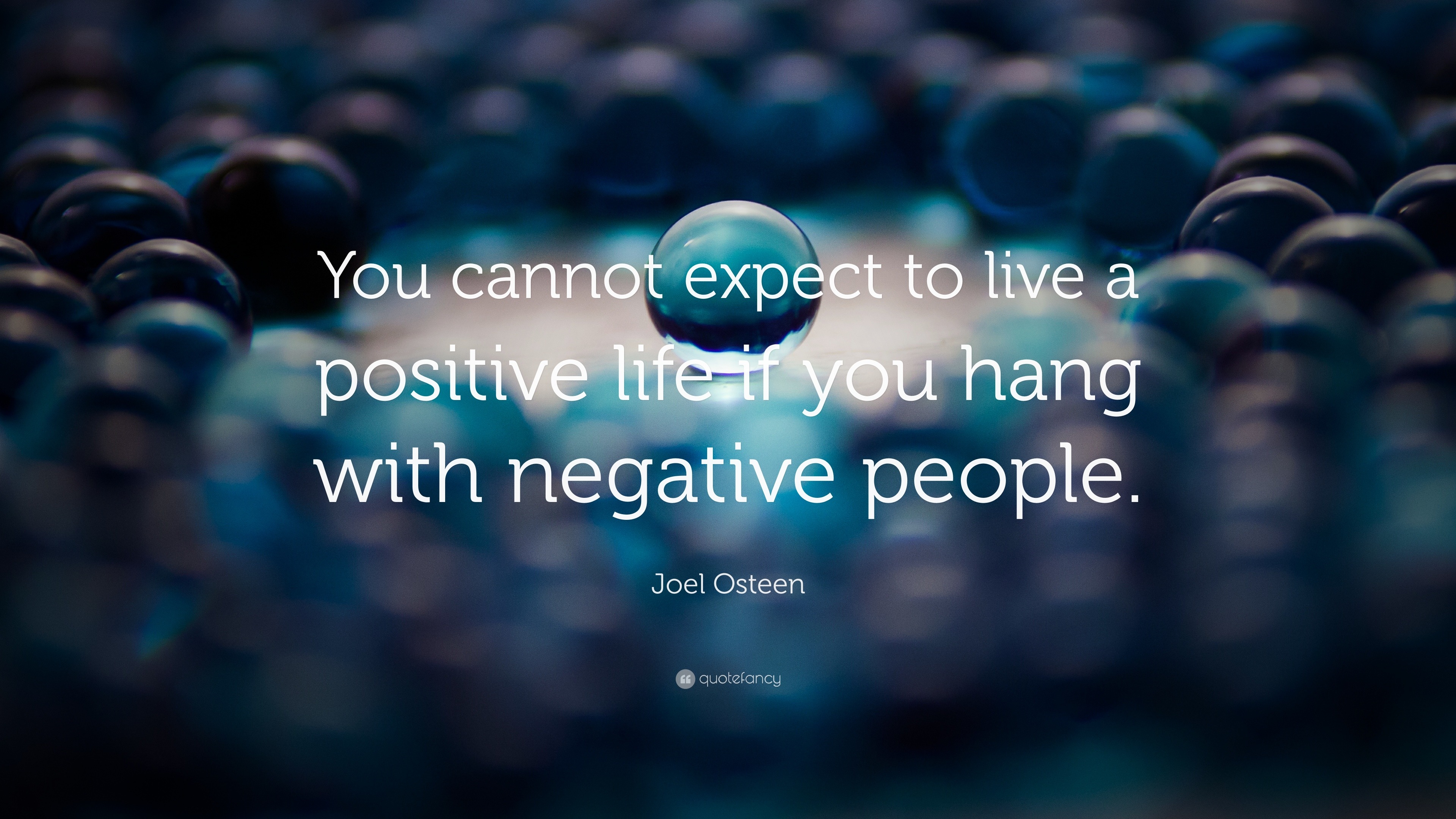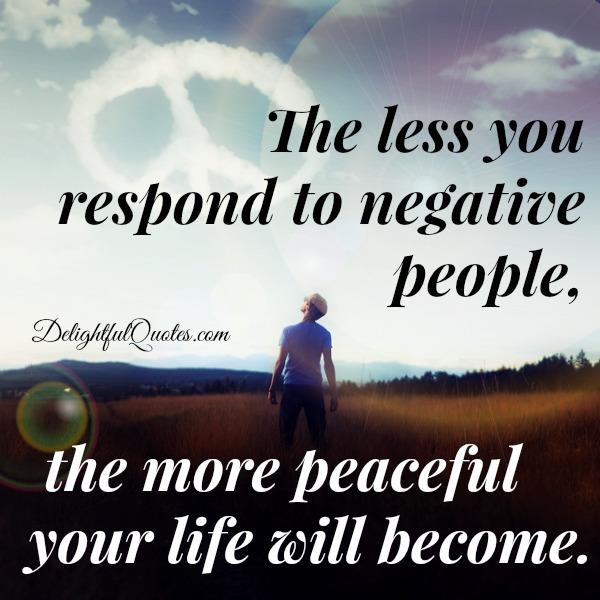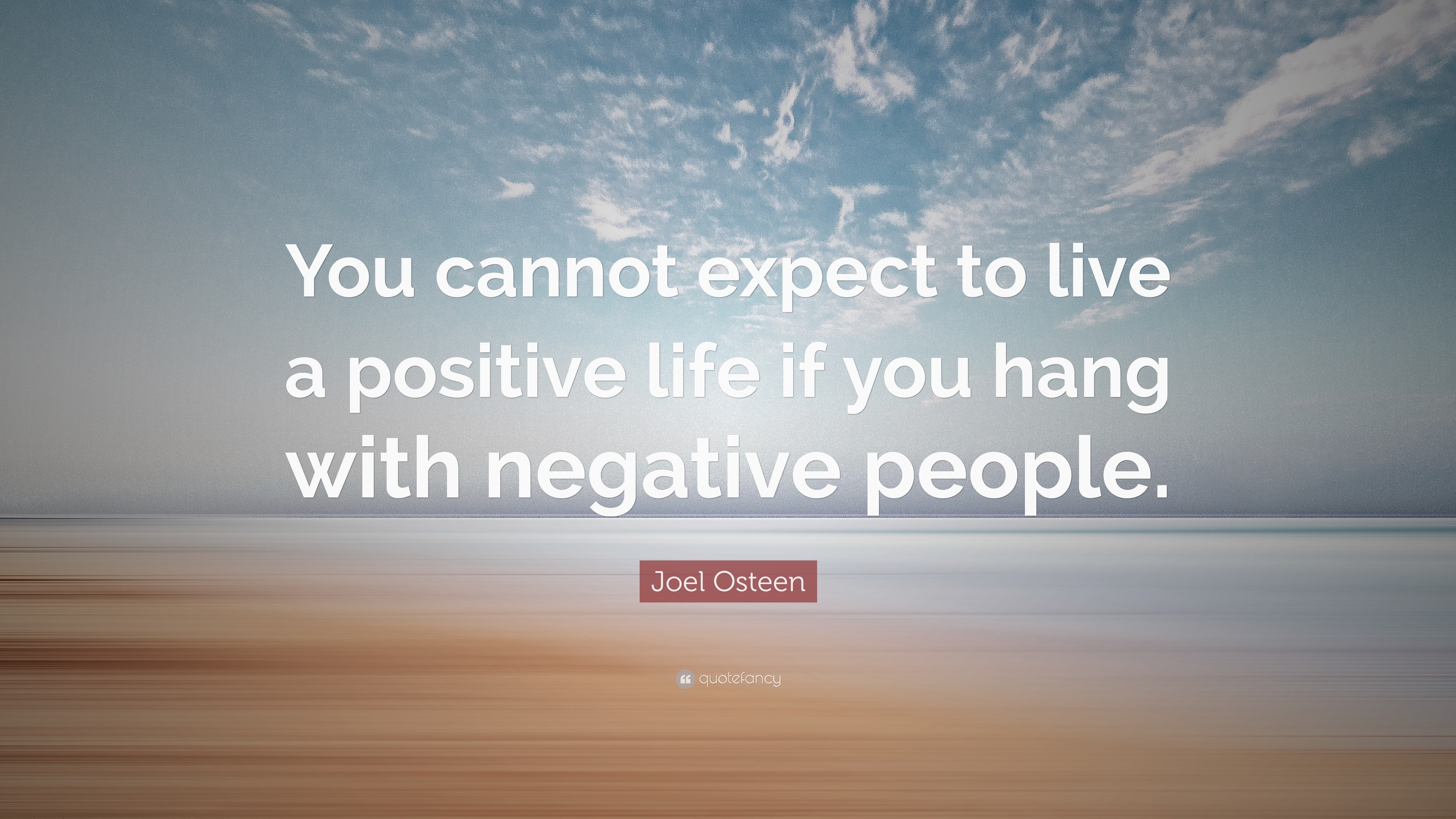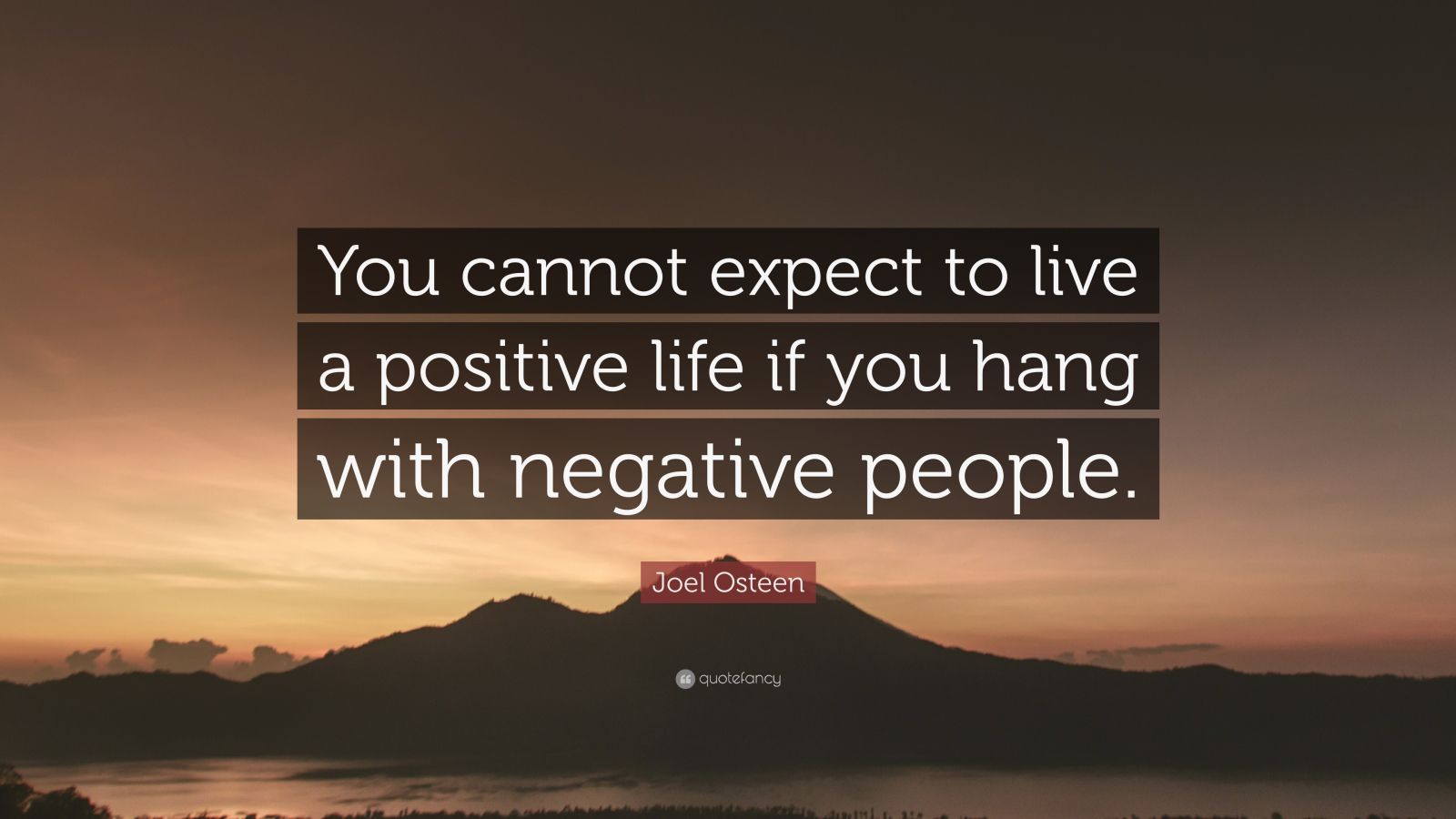How Do You Live With A Negative Person

Dealing with negativity isn't just draining; it can actively sabotage your well-being. This guide provides actionable strategies to navigate interactions with chronically negative individuals, protecting your mental health and fostering healthier relationships.
Understanding the Challenge
Living or working alongside a constantly negative person presents unique difficulties. Their pessimism can impact your mood, productivity, and overall outlook on life.
It's crucial to understand that you can't change them, but you can control how you react and manage the situation.
Strategies for Coexistence
Set Boundaries: The Foundation of Self-Protection
Establishing clear boundaries is paramount. Politely decline to engage in their negativity or limit the time spent with them.
For example, you could say, "I understand you're frustrated, but I'm not in a place to discuss this right now."
Limit Exposure: Protecting Your Energy
Minimize your interactions. The less time you spend absorbing their negativity, the better.
If possible, create physical distance or limit communication to essential topics only.
Shift the Conversation: Redirecting the Focus
When negativity arises, try to steer the conversation towards more positive or neutral topics. Ask about their hobbies or recent positive experiences.
This can subtly redirect their focus and reduce the intensity of their negativity.
Practice Empathy (Within Reason): Understanding Their Perspective
While you shouldn't become a dumping ground for their complaints, try to understand the source of their negativity.
Are they facing genuine challenges or struggling with underlying issues? Empathy, in small doses, can help you respond more compassionately, but it's essential to protect your own emotional well-being.
Focus on Solutions: Shifting from Problems to Actions
Instead of dwelling on the negative aspects of a situation, encourage them to focus on potential solutions. Ask, "What can we do to improve this?"
This can help shift their mindset from passive complaining to active problem-solving.
Maintain a Positive Environment: Counteracting Negativity
Surround yourself with positive influences. Engage in activities that uplift your spirits and connect with supportive friends and family.
This creates a buffer against the negativity you encounter elsewhere.
Seek Support: You're Not Alone
Talk to a therapist, counselor, or trusted friend about the challenges you're facing. Sharing your experiences can provide valuable insights and emotional support.
Don't hesitate to seek professional help if the situation is significantly impacting your mental health.
When to Disengage
Sometimes, despite your best efforts, the negativity persists and becomes overwhelming. In such cases, it may be necessary to distance yourself completely.
Protecting your mental health is paramount, and sometimes that means prioritizing your well-being over the relationship.
Long-Term Strategies
Addressing chronic negativity requires patience and consistency. Regularly assess your boundaries and adjust your strategies as needed.
Focus on your own emotional well-being and continue to cultivate a positive environment for yourself.
Expert Insights
According to Dr. Susan Reynolds, a licensed psychologist specializing in interpersonal relationships, "Setting firm boundaries and practicing self-care are crucial when dealing with chronically negative individuals. Remember that their negativity is often a reflection of their internal state, not a reflection of you."
Research suggests that prolonged exposure to negativity can increase stress levels and contribute to mental health issues.
Moving Forward
Navigating relationships with negative individuals requires a proactive approach. By implementing these strategies, you can protect your mental health, foster healthier interactions, and create a more positive life for yourself.
Continuously reassess your boundaries and seek support when needed to maintain your well-being.




